Today’s blog post reviews the signs that a head injury may be a concussion and what the first aid provider can do to help.
Not surprisingly, many cases of concussion come from the world of sports, and often that means youth sports. According to a study from the University of California, San Francisco, the population showing the biggest increase in concussion injuries is young people between the ages of 10-19:
A 60 percent increase in concussions occurred from 2007 to 2014 (3,529 to 8,217), with the largest growth in ages 10-14 at 143 percent and 15-19 at 87 percent.
What Is a Concussion?
A concussion is a brain injury that generally results in less immediate or obvious signs. Most concussions are temporary and resolve naturally, but it is possible for one to progress into a life-threatening condition.
Suspect a concussion after a significant blow to the head or body when the affected person is unable to remember what happened just before or after the incident, or recall simple facts about it. The person may move clumsily, answer questions slowly, or show a change in mood or personality. Additional signs include the following:
- Looking stunned or dazed
- Headache
- Nausea
- Dizziness
- Difficulty in balance
- Visual problems
A first aid provider may be called upon to give advice on whether someone who may have a concussion is okay to return to normal activities. Unfortunately, there is no current concussion evaluation process for use by those trained in first aid.
Get Help ASAP
If you suspect a concussion may have occurred, the affected person should be evaluated by a healthcare provider or EMS personnel as soon as possible.
Because of the potential progressive nature of concussion, it is best to not allow the person to perform actions that could pose a risk for additional injury until he or she can be adequately assessed by a healthcare professional.
More Info for Parents
The CDC's HEADS UP initiative offers downloadable resources for parents, schools, and youth sports coaches to educate and build awareness about concussion injuries. Learn more and download your PDF fact sheets here.
Get 2017 off to a lifesaving start: Find an ASHI or MEDIC First Aid class near you!







.png?width=600&name=HSI-CTA-EmergencyCareTraining%20(1).png)





Comments